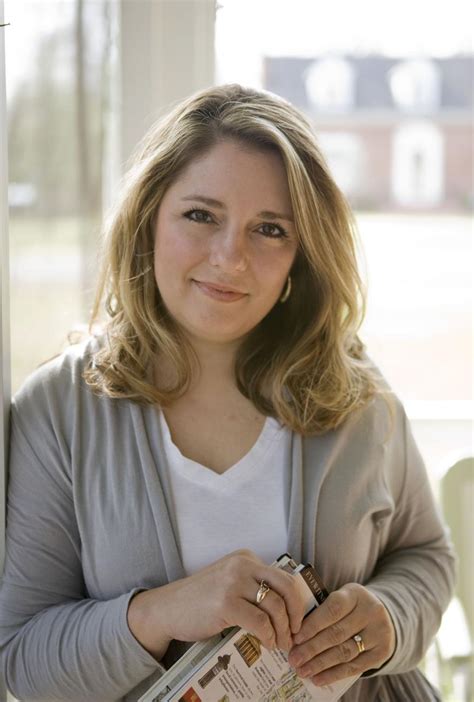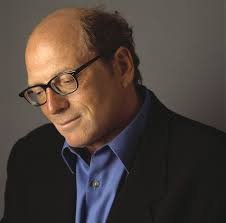A Quote by Elif Batuman
I grew up thinking that it was immoral to idealize the past because, in the past, there was slavery and no penicillin.
Related Quotes
But the past does not exist independently from the present. Indeed, the past is only past because there is a present, just as I can point to something over there only because I am here. But nothing is inherently over there or here. In that sense, the past has no content. The past - or more accurately, pastness - is a position. Thus, in no way can we identify the past as past
But there was no hiding from Conscience. Not in new homes and new cars. In travel. In meditation or frantic activity. In children, in good works. On tiptoes or bended knee. In a big career. Or a small cabin. It would find you. The past always did. Which was why... it was vital to be aware of actions in the present. Because the present became the past, and the past grew. And got up, and followed you. And found you... Who wouldn't be afraid of this?
I don't think that people are necessarily going to films simply because they were adapted from comics, though I could be wrong. Comics aren't really misunderstood either, they've just been mostly silly for the past century, and those genre-centered stories have found their way into the movie theaters over the past couple of decades because a generation who grew up reading them has, well, grown up.
Marriage is an effort to legalize love. It is out of fear. It is thinking about the future, about the tomorrows. Man always thinks of the past and the future, and because of this constant thinking about past and future, he destroys the present. And the present is the only reality there is. One has to live in the present. The past has to die and has to be allowed to die.
I grew up listening to my grandfather's stories of our musical past. He would often talk about the orchestras that played at concerts and the musicians who played on Sunday evenings on street corners. By the time I grew up in the '80s, all of this was a thing of the past. I lived vicariously through his stories and often wondered what it would have felt like to have been part of his generation.
We learn in the past, but we are not the result of that. We suffered in the past, loved in the past, cried and laughed in the past, but that's of no use to the present. The present has its challenges, its good and bad side. We can neither blame nor be grateful to the past for what is happening now. Each new experience of love has nothing whatsoever to do with past experiences. It's always new.
what he sought was always something lying ahead, and even if it was a matter of the past it was a past that changed gradually as he advanced on his journey, because the traveller's past changes according to the route he has followed: not the immediate past, that is, to which each day that goes by adds a day, but the more remote past. Arriving at each new city, the traveller finds again a past of his that he did not know he had: the foreignness of what you no longer are or no longer possess lies in wait for you in foreign, unpossessed places.


































